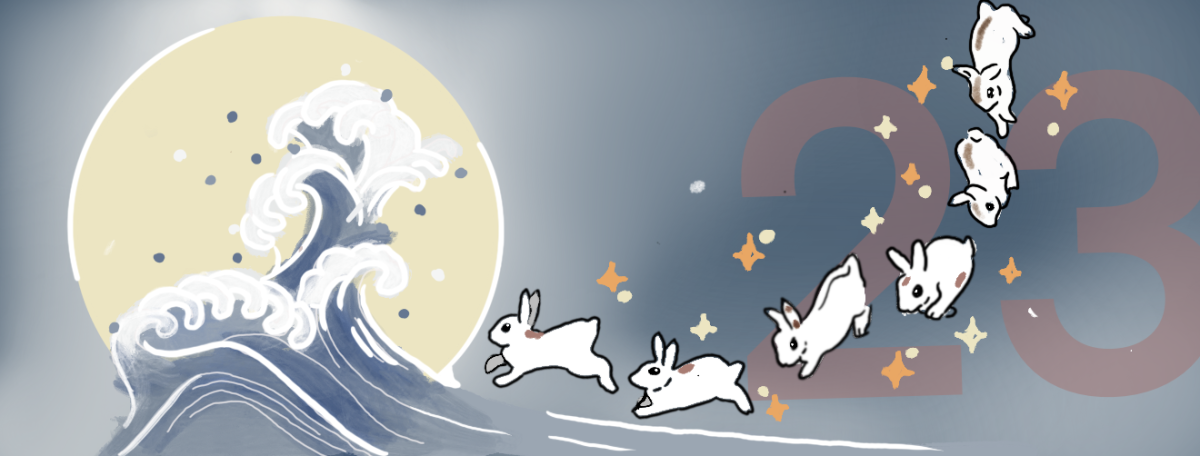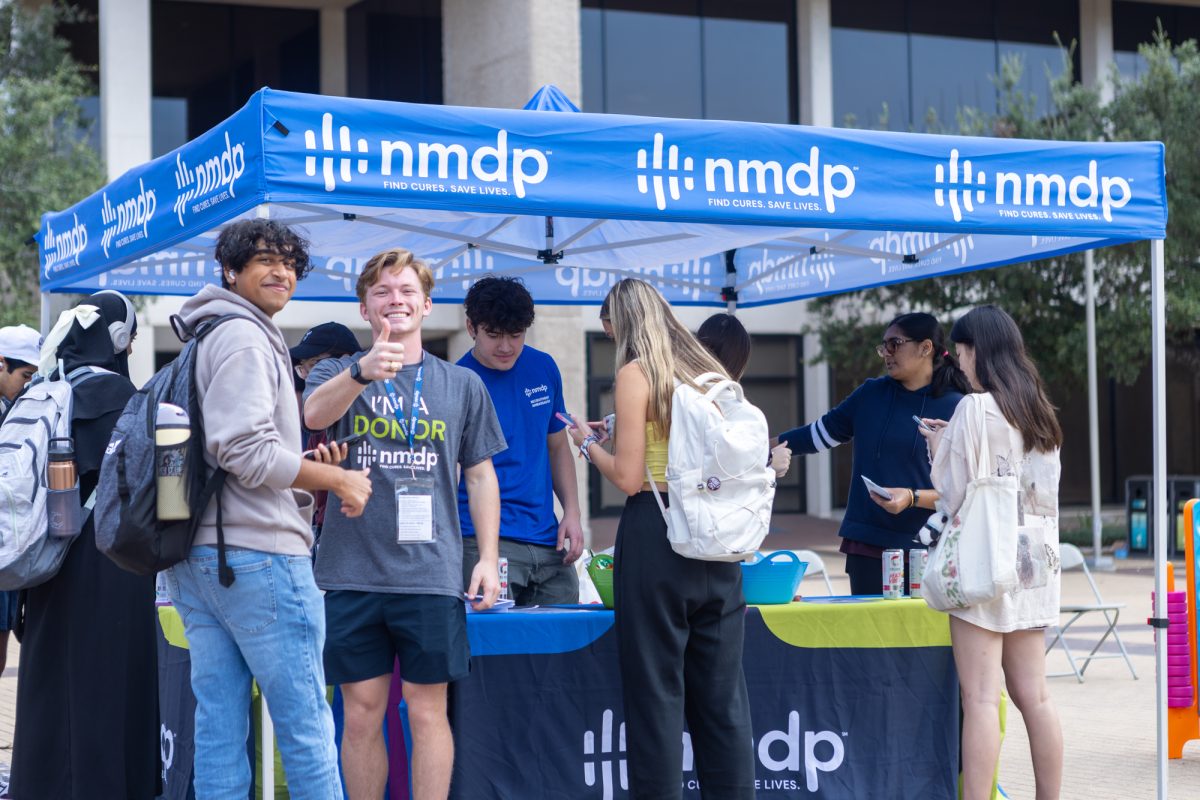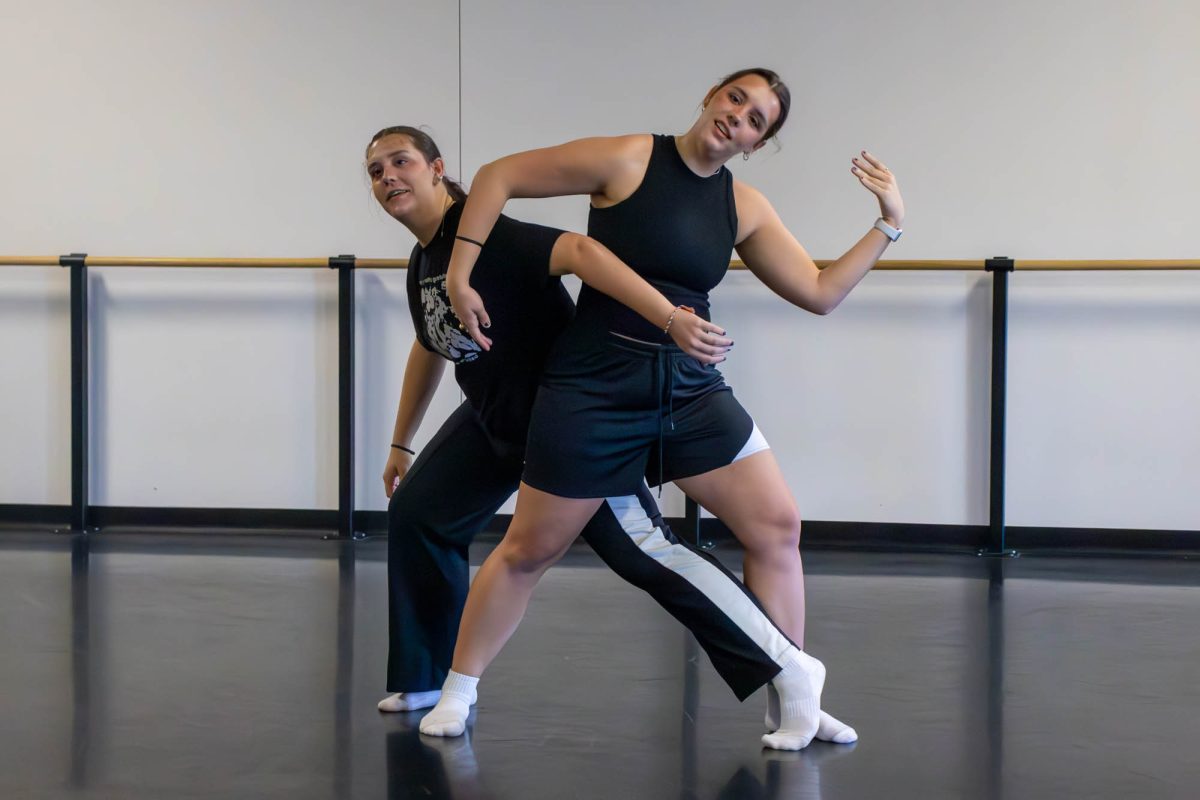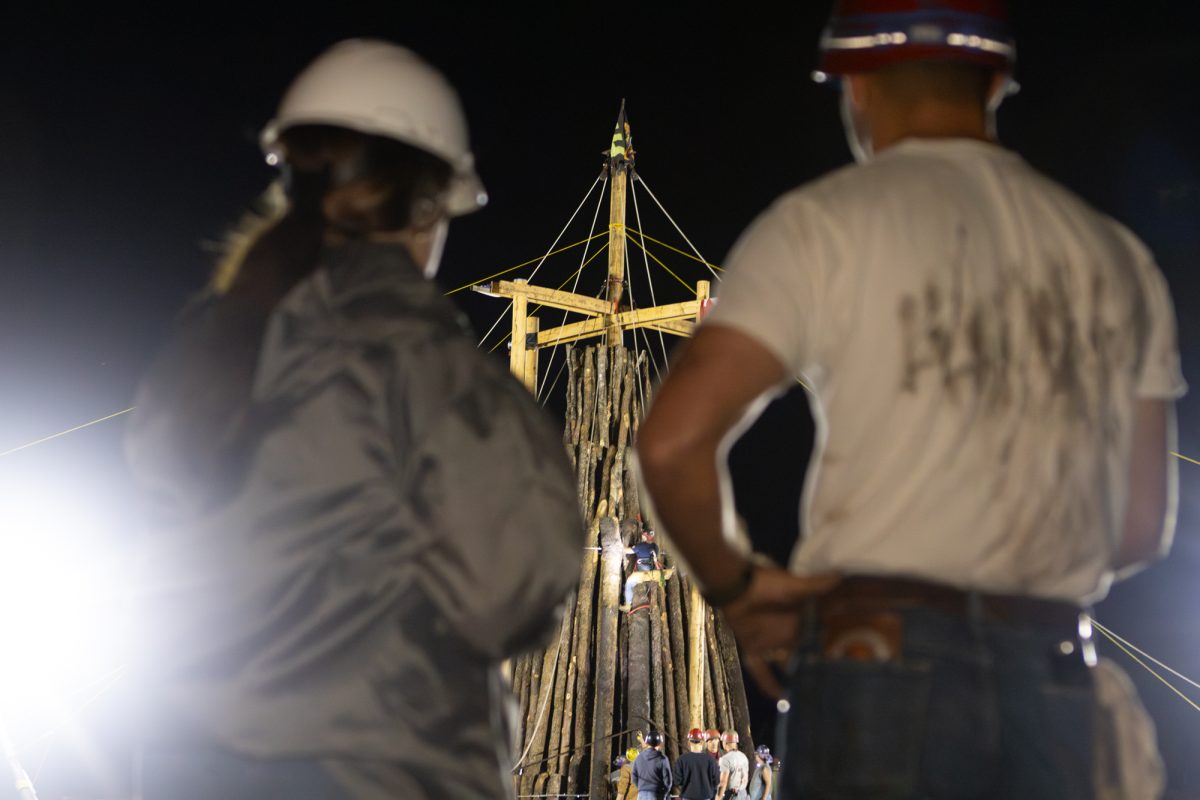Red envelopes, firecrackers and well wishes come to mind to those who celebrate Lunar New Year, also called Chinese New Year, which started on Jan. 22.
Deemed Year of the Rabbit, succeeding last year’s zodiac of the tiger, practicing Aggies look forward to the 16-day-long celebration and the new year to come. With festivities and events on the horizon, company and camaraderie are the priority in organizations such as the Chinese Students Association, or CSA, at Texas A&M.
Industrial distribution senior Mason Ali Yeh, member of CSA, recalled his experience with the annual traditions. As Yeh expressed his recollections of the celebration, he mentioned his identity as an immigrant and said most of his Lunar New Year experiences were with immediate family.
“My parents are immigrants here,” Yeh said. “It’s difficult for us to have a proper, what we call it, Xῑn Nián Kuài Lè, or ‘Happy New Year’ is what we say. It’s a bit difficult for me to have a proper Chinese New Year myself because when my parents immigrated here, we [didn’t have] a lot of our family [move] over.”
Yeh articulated the heavy meaning of family within the celebration of Lunar New Year and said a communal bond is a crucial factor to the success in the coming new year.
“I know Chinese New Year is a really big event for many Asians, including those immigrants that have more family members come over here,” Yeh said. “You may have heard how we hand out what [are] called hóngābos [which] are red bags. [Those are used to] wish prosperity, good luck and good fortune to those going into the new year because it’s a fresh start for others.”
Biomedical sciences freshman Ronald Zheng, also a member of CSA, said the holiday does more than just uphold a tradition, but is also a time for reconnecting with family members far away. Zheng said modern technology, makes it possible for long-distance connection, or reconnection, and people around the world can make time for the celebration.
“It means family to me; every time it’s Chinese New Year my family would come over and make food together,” Zheng said. “Obviously, I’m not at home right now, so it’s a little bit of a change. Today I called my parents just to check in to see how I was doing. It’s also a time where I can call my grandparents [and] my cousins because they’re all off work [and] school and see how they’re doing.”
Even with an entire ocean in between, Zheng said he feels no dissonance when it comes to celebrating the new year, whether it be in China or in College Station.
“Basically, nothing really changed, I mean my grandparents don’t really come to the United States that often, but when they do it’s a big occasion,” Zheng said. “I wouldn’t say there is a big cultural disconnect, it’s just more different now because I’m not at home.”
Both CSA members find connections in the communities they are in and have formed for other students alike, and Zheng said interested students can attend upcoming CSA events.
“If you’re interested in touching back into your culture, [could be] any Asian student or anyone interested in Chinese culture, make sure to check out CSA,” Zheng said. “We have an informational Jan. 26 at 7:30-8:30 p.m. in the Psychology Building [Room] 338. We’re going to talk about what we do in our [organization] and talk about our Lunar New Year event which is this Saturday, Jan. 28. It will have fun, games, food [and more].”
The upcoming event will host a variety of foods and entertainment provided by the community, Yeh said, bringing the culture to a local booth near you.
“For CSA, one of the biggest things we do is we have our own Chinese New Year event,” Yeh said. “We will be providing food, we will let people play different games, [such as] Mahjong. We will have our own festival within the Chinese community, we will have food stalls [and] have the buzz of a night market. We’re trying to recreate that here at A&M.”
The Lunar New Year festival will be held at the College Station Chinese Church located at 708 Eisenhower St., open from 7-9 p.m.









